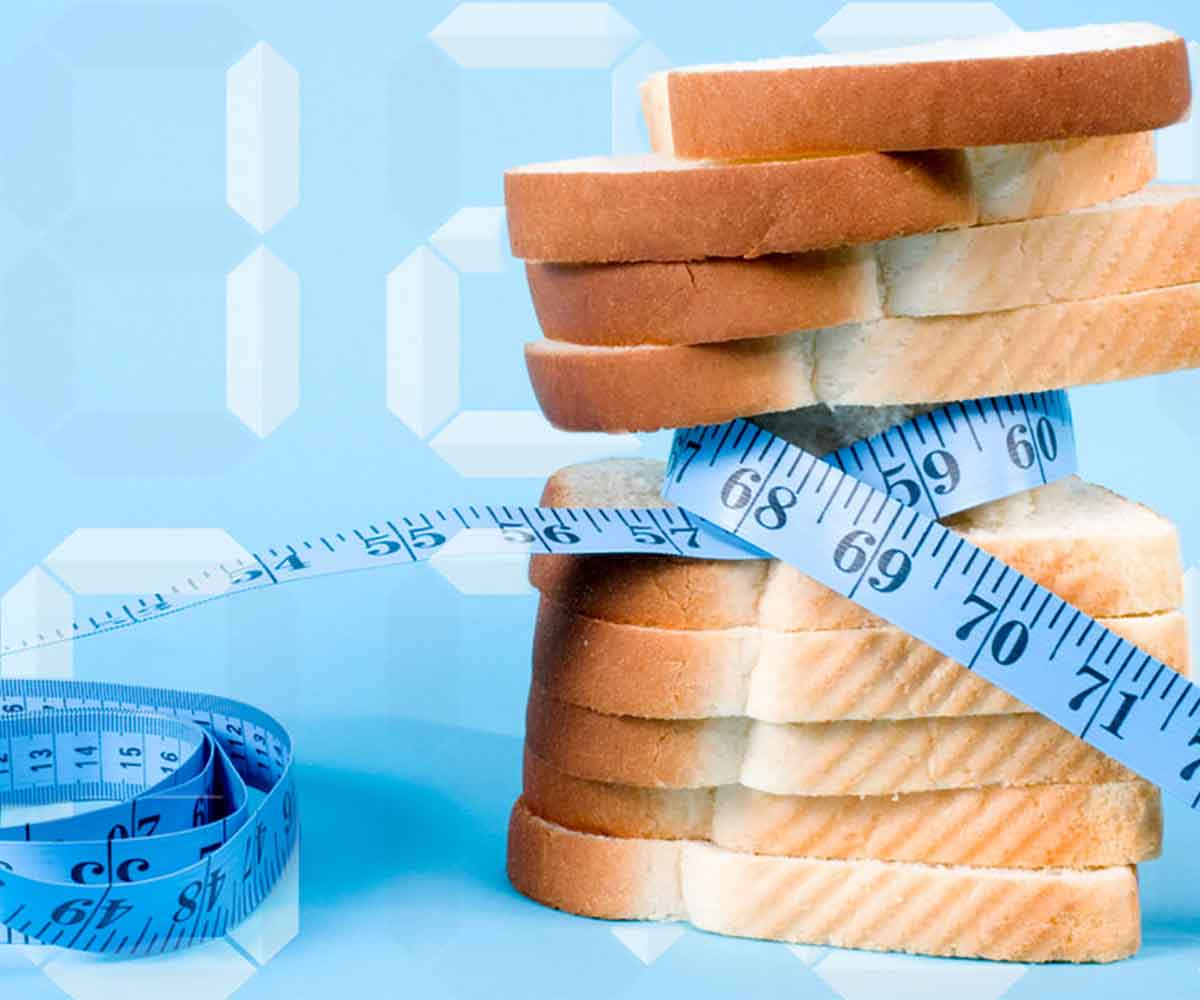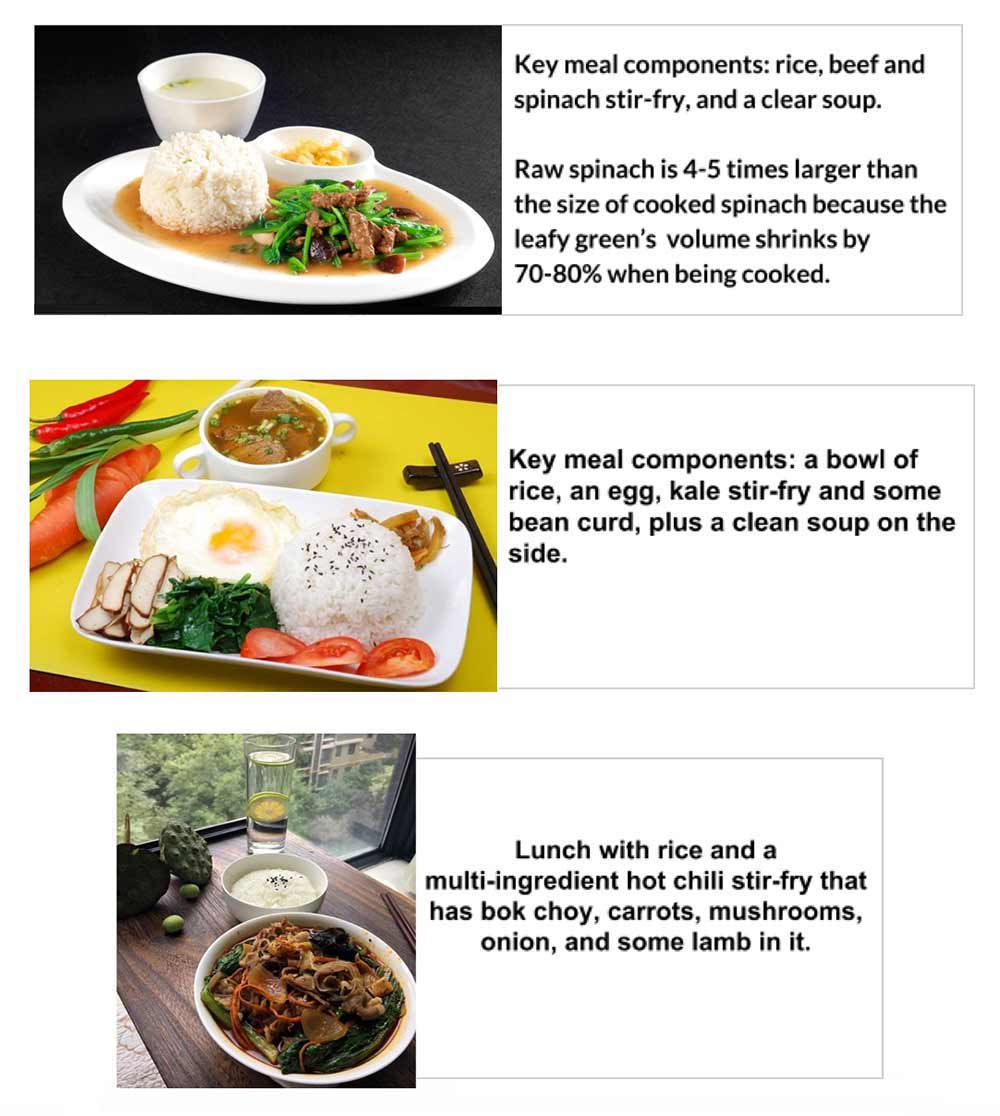Entrepreneur and Publicity Coach Selena Soo once sent her community members an email named Show Me Your Friends, And I’ll Show You Your Future.
In this email, she talked about how her friends, with a humble beginning, have jump-started their life and business by surrounding themselves with the right influencers.
Generally speaking, to be successful, you need to surround yourself with the right people. It only sounds cliché because it’s true.
And have you thought the same truth applies to health, too?
For foods to give you the positive health results you want, you need to pair them with the right foods.
What will happen when you match naturally produced carbohydrates with a big chunk of fat and heavily processed sugar? You get a classic, powerful formula for the double chin and bloated belly.
The reason?
You eat fat, and the added sugar which is soon becoming fat.
And the carbs you eat, although not being transferred into fat too soon, will cause the fat cells to fill up faster due to the increase of insulin level. Insulin is the fat storage hormone in the body.
With that synergy, this is a lost cause.
On the other hand, when you match foods with great companions, you manifest this old saying: the whole is greater than the sum of its parts.
The Formula for Weight Loss
So what’s the lesson here?
In short, remember this formula:
Carbohydrate-based food + fat-based food + added sugar = ballooning up
Let me explain this: if you have a bagel with jelly and cream cheese, you are bringing this formula to life 100%.
If you have a sandwich with two pieces of toast, one egg, some vegetables, and cheese in it, it’s much more acceptable. It’s balanced, and carbs and fat don’t make up a significant portion of the meal.
Among the three factors of this formula, if you combine any two of them and have them alone, it leads to the same fattening result.
This sounds simple, but it’s not easy given how much this formula has been dominating our food life these days.
And if you look around in the local restaurants and eateries, you’d be surprised by how much combos like this have dominated our world. Think about the pancake and syrup platter, pizza – thick dough and cheese layers, cheeseburgers, fried cheese, French fries with ketchup, and all the pastries filled with jams or covered in cream.
Honestly, this is the one major food shock I needed to adapt to when I first arrived in the United States.
Back at home in China, people usually have their starch paired with lots of vegetables and some proteins. It usually involves a bowl of fluffy white rice, a good amount of cooked vegetables, with some tender, juicy meat or tofu.
Starch doesn’t go with plain fat or sugar.
Typical Chinese Meals for One Person
The pictures above give you an idea what the food combo of a one-person meal is like in China.
There are some patterns you can see in the Chinese way of eating.
For instance, people eat meat with a lot of vegetables; rice is eaten with a lot of vegetables, too.
Meanwhile, artificial sugar and fat-based foods rarely find their way onto the dinner table.
Avoiding this “ballooning up” formula alone can lead to the huge win of stomping out a lot of unnecessary, hidden calories.
Making the Formula Work
Start with simple changes in your diet.
Instead of eating an English muffin with jelly, try a thin slice of prosciutto to make it a quick, egg-free eggs Benedict.
And rather than having a donut, maybe try an egg-white omelet with lots of veggies and a medium-sized toast.
“WAIT A MINUTE! I THOUGHT CARBS MAKE YOU FAT?!?!?!?”
Whenever I show people what the normal Chinese meal setup looks like, this is the question I get asked the most.
I’m not surprised. Even I have fallen for the same doubt, and that’s exactly how I gained my last twenty pounds if you still remember that part of my story.
The answer in short: Absolutely Not!
In fact, to say that carbs are evil to a Chinese person is like saying oxygen kills humans. It is completely inaccurate. And it makes me mad to hear fad gurus lying about it, trapping innocent people in a whole life of self-deprivation, knowing it would get them nowhere.
The truth is obvious. If carbs were evil at all, all the East Asian populations should have been screwed up long ago considering it commonly takes up to 90% of our entire food intake.
Also, we’ve been eating this way for thousands of years.
Apparently, the life-expectancy data has been supporting our passion for carbs just as much as our personal experience does.
According to the World Bank, the 2014 average life expectancy in China is 75.78 years vs. 78.94 years in the US.
So the Chinese life expectancy is three years shorter than American’s, how is it supporting my argument?
Let me explain it to you. China has 1.6 billion people (vs. 0.3 billion in the US), the GDP per capita is 8000 USD/year. There are a significant number of severely under-developed poor regions where people get very limited – and sometimes – no medical assistance. And the (modern science) medical technology there is far less advanced than the United States even in the large, metropolitan cities.
People there live long because of the way they live and eat.
And what happens when Asians move to the United States with their way of living and enjoy the same advantage in the environment and advanced medical infrastructures? As you’ve read about at the beginning of this Guide, they outlive other races by as many as eight years.
In my family and extended family, experience seems to support this way of eating, firmly and unanimously.
My grandpa lived to 90 years old and passed purely because his aging body could no longer support his daily function. He was a big carb eater like the rest of us and passed peacefully without being bothered by any chronic diseases.
My grandma is currently 86, and looking around, most of my cousins’ grandparents who are at a similar age are still healthy, and they are considered in outstanding shape for people of their age.
To an average elderly in China, aging doesn’t necessarily mean debilitation, nor does it mean vulnerability to a cluster of chronic diseases.
Instead, it could well mean vitality and beauty.
Meanwhile, the enormous gap between the obesity rate – 6.9% in China vs. 36.7% in the US – can again reassure us that carbohydrates aren’t the trigger for weight gain after all.
Now you might wonder: could it be genes?
My before photo says no.
And there are mountains of scientific evidence that prove how the gene argument is just another urban myth.
Actually, in the context of health and diseases in general, the most distinguished and authoritative scholars in the western world have already ruled out genes as a key factor.
As T Colin Campbell (Dr.) and Thomas M. Campbell (MD.) mentioned in their co-authored book China Study, they made it very clear that “genes function only by being activated, or ‘expressed,’ and nutrition plays a critical role in determining which genes, good and bad, are expressed.”
Meanwhile, in a very prominent report by Sir Richard Doll and Sir Richard Peto of the University of Oxford, which was later submitted to the US Congress, they summarized many prominent studies on the relationship between diet and diseases, and concluded that genes only contributed to 2-3% of the factors in the particular context of cancer.
In a study by Ken Carroll, a professor at University of Western Ontario in Canada, it’s shown that people who migrated from one area to another and who started eating the typical diet of their new residency assumed the disease risk of the area to which they moved.
Let’s face it – it’s what we eat that determines who we become.
And for carbs, it’s how you eat it that changes the whole story, and avoiding the “balloon up” formula is the first step.
Now before we close today’s email, I’d like to tell you one more crunchy solution:
Cooked rice only has about half the calories and carbs that bread does.
The reason? 70% of it is water. It fills your stomach, keeps you satisfied at only a fraction of calories noodles and bread contain.
Since water is locked in rice and can’t move freely, it will keep you full until rice is fully digested hours later.
Do you think you’ll start eating more rice?
Are you still afraid of carbs after reading today’s email?
Let me know your thoughts below.
Founder of Rice Lean, Body & Health Coach for Busy Women. In 2017, I helped 513 women across the United States and United Kingdom to lose weight based on principles of integrity, simplicity, and sustainability. It was incredibly inspiring to see how the simple wisdom from my hometown in Asia ended up completely changing people’s bodies. The truth is: when REAL weight loss happens, it happens FAST.





